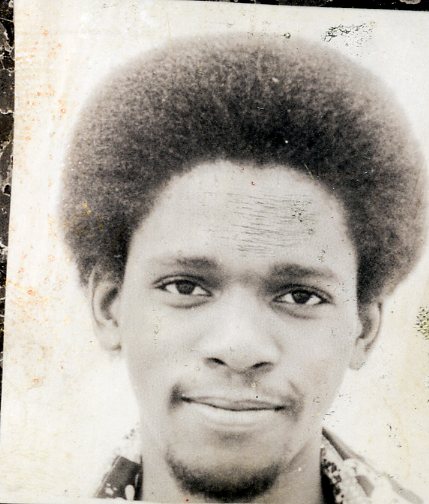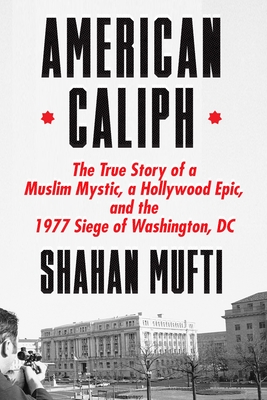Washington Afro-American reporter Stephen Colter remembered that he and Maurice Williams spent their lunch hour last Wednesday discussing one of Williams' deepest concerns - the role of a black journalist.
Both Williams, a 24-year-old reporter for WHUR radio news, and Colter covered the District government for small, predominantly black audiences and they debated whether it would be right for them to move to better paying jobs with wider audiences at white-owned newspapers and broadcast stations.
"He had decided that communications was it," recalled another friend of Williams, Drexel Yarborough, who had known him since childhood. "It was his effort to reach up by reaching within for the truth. He wanted to move faster, and was just getting to the point where he was really growing."
Williams and Colter never reached any conclusions during their luncheon discussion. They walked back to the District Building for a press conference in the City Council chairman's office. Just after they stepped out of the elevator on the fifth floor, the doors of the City Council offices swung open, a shotgun was fired and Williams, shot in the chest, spun around and fell.
"I keep hearing him say that last thing," Colter recalled. "He said, 'I'm shot.' He was just dead. It was no more Maurice."
Colter was among nearly 800 persons who joined Williams' parents, three brothers and other family members yesterday to mourn the death of the one person killed during last week's 36-hour armed takeover of the District Building by two Hanafi Muslims. Also in attendance at Turner Memorial AME Church at 6th and I Streets NW were Mayor Walter E. Washington, the entire City Council, D.C. Delegate Walter Fauntroy, coworkers from WHUR and other news media, and Iranian Ambassador Ardeshir Zahedi, who helped negotiate an end to the Hanafi siege.
The frony of Williams' death, many of his friends said, was that Williams' brief life had been marked by conditions quite opposite of those that brought it to an end.
"The only violence in Maurice's life was the violence he saw and tried to stop. The most he had time to do was love," said Drexel Yarborough, whose friendship with Williams began in kindergarten at Whittier Elementary School in Northwest Washington. "Maurice was brillant enough to have an ever-listening ear, and that warranted his having something to say as a journalist."
Williams grew up in a neighborhood that was "middle class, but but not white collar necessarily," according to schoolmate Yarborough. Many of the residents were federal employees like Maurice's parents, Lillie and Otto Williams.
He was just entering kindergarten when, during the early 1950s, the family moved to the house in the 600 block of Somerset Street NW.
"When we first went to kindergarten there were three or four blacks" in the neighborhood, Yarborough remembered. By the time they entered high school, the area, like many Washington neighborhoods and the city itself, had undergone a racial reversal.
"There were some rough times. It went from peaceful to volatile to stable. Our parents did not even want us to walk from house to house by ourselves," during the years of change, Yarborough said.
Young Williams' education was in the settings of Whittier Elementary, Paul Junior High, and Coolidge High Schools. All were within blocks of the Williams' home - a home that encouraged and sheltered its four sons without smothering.
"I believe in an open home, I always wanted my children to do what would make them happy," Lillie Williams said last week.
At Coolidge, amidst the usual adolescent groupings that tell much about where a person came from and where he is going, Maurice was "with the in crowd, but not a hoodlum," remembered schoolmate Kevin Dennis, a City Council employee who was among those trapped by the gunmen for a day and a half.
Full article: Friends Eulogize Newsman Slain in Hanafi Siege - The Washington Post




You need to be a member of Oppressed Peoples Online Word...The Voice Of The Voiceless to add comments!
Join Oppressed Peoples Online Word...The Voice Of The Voiceless